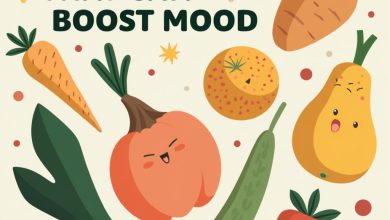Exploring Food History: The Evolution of Our Daily Meals

Food is a fundamental aspect of human life, shaping cultures, traditions, and our very identities. The evolution of our daily meals reflects changes in agriculture, technology, and societal values. This article delves into the fascinating history of our food, tracing how various factors have influenced what we eat today.
From Foraging to Farming
The journey of our meals began with the hunter-gatherer societies that roamed the Earth thousands of years ago. Early humans relied on foraging for wild plants and hunting animals to meet their nutritional needs. As populations grew, the need for a more stable food source led to the development of agriculture around 10,000 BCE. This transition allowed people to cultivate crops and domesticate animals, which not only provided a reliable food supply but also enabled the formation of settled communities.
The Impact of Trade and Exploration
As civilizations expanded, so did the exchange of food and culinary practices. The Silk Road and maritime trade routes facilitated the movement of spices, grains, and other ingredients across continents. This exchange introduced new flavors and cooking techniques, enriching local cuisines. For example, the introduction of spices from Asia transformed European cooking, leading to the development of dishes that are staples today.
Industrialization and Modernization
The Industrial Revolution brought significant changes to food production and consumption. Advances in technology allowed for mass production and preservation of food, making it more accessible to the general public. Canned goods, refrigeration, and the rise of supermarkets changed how people shop for and prepare meals. However, this convenience came at a cost, leading to the rise of processed foods and concerns over nutritional quality.
Contemporary Food Trends
In recent years, there has been a resurgence of interest in traditional and sustainable food practices. Movements advocating for organic farming, local sourcing, and plant-based diets reflect a growing awareness of health and environmental issues. People are increasingly seeking to reconnect with the origins of their food, understanding the impact of their dietary choices on the planet.
Overall, the evolution of our daily meals is a complex narrative shaped by human innovation, cultural exchange, and changing societal values. As we continue to explore food history, we gain insight not only into our past but also into the future of our diets.




